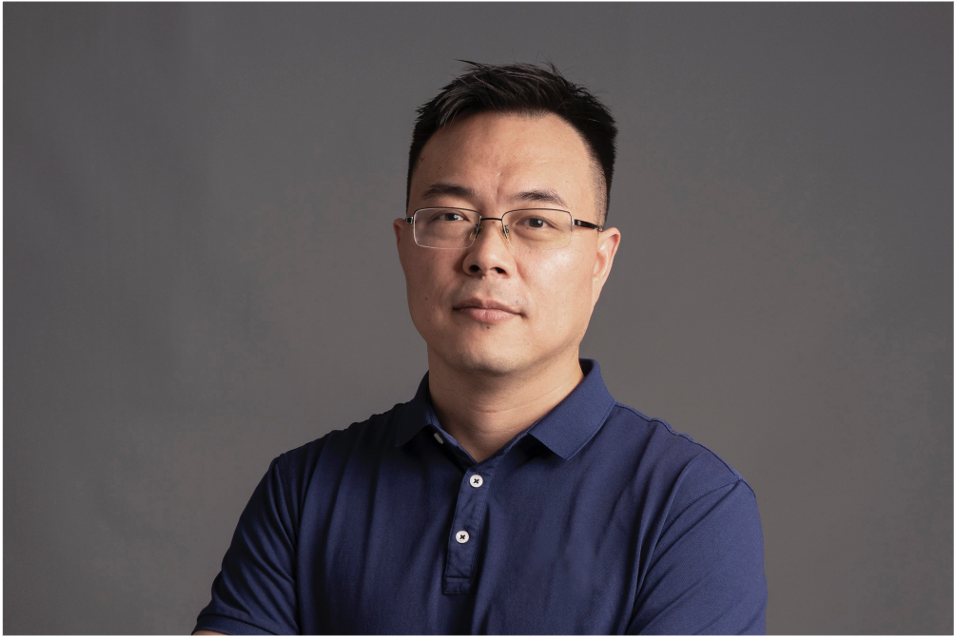 Xu Xun, Executive Director of BGI Group and Director of BGI-Research
Xu Xun, Executive Director of BGI Group and Director of BGI-Research
In an era marked by remarkable advancements in the field of life sciences, the 20th anniversary of the Human Genome Project's completion serves as a momentous milestone.
Reflecting on the past two decades, Xu Xun, Executive Director of BGI Group and Director of BGI-Research, shares insights into the profound transformations that have unfolded. As a key figure behind BGI's innovative gene sequencing technology, he sheds light on the monumental changes in cost, data capacity, and scientific paradigms. In addition, the establishment of the SpatioTemporal Omics Consortium further exemplifies the collaborative spirit propelling cutting-edge research.
Through this Q&A session, we delve into the evolution, technology, and global scientific cooperation at BGI, offering a glimpse into the promising future of life sciences research.
Question: This year marks the 20th anniversary of the completion of the Human Genome Project. Looking back over these 20 years, what do you think the biggest changes have been?
Xu Xun: One of the most significant changes is the cost. Over the past 20 years, the cost of sequencing an individual's entire genome has decreased by eight orders of magnitude, a rate of cost reduction unseen in any other field.
Additionally, during this period, there has been explosive growth in data volume and throughput. Initially, it took 13 years to sequence the first human genome, but now, we can complete 50,000 human whole-genome sequencings in a year. This makes it possible for each of us to possess the information of our own genome, interpret the code of our lives, and effectively manage our health.
This has also raised a new scientific question: Given such vast and complex data, can we leverage big data and artificial intelligence for better interpretation, thereby improving health management and disease prevention?
The changes in the field of life sciences over the past 20 years have brought about profound impacts, with a key aspect being the paradigm shift from research to industry driven by technological advancements.
Question: Apart from the sequencer, BGI has also developed spatio-temporal omics technology and jointly initiated the SpatioTemporal Omics Consortium (STOC) with scientists from multiple countries. Could you tell us more about this consortium?
Xu Xun: In 2021, after completing the development and validation of spatio-temporal omics technology, we published a series of preprint articles based on it. Many global scientists reached out to us, expressing their interests in utilizing our technology to address various scientific questions.
This led us to consider initiating a consortium, providing a universal platform for communication and collaboration to better promote global cooperation. This idea gained support from numerous scientists, and in May 2022, when the special issue on spatio-temporal omics was published, we co-founded the STOC with scientists from around the world. More than 120 scientists joined at the inception.
Currently, the consortium comprises over 270 scientists from more than 30 countries. We've established different working groups, such as cancer, neuroscience, immune system diseases, and more. Leveraging a common platform and principles, everyone utilizes spatial omics technology to conduct cutting-edge exploration and exchange scientific ideas.
Question: What does the STOC aim to achieve?
Xu Xun: The STOC is a collaborative research initiative that aims to accelerate our understanding of cellular complexity and interactions at tissue scale in development, physiology, and disease through large-scale spatially resolved multiomics analyses. This, in turn, will lead to entirely new diagnostic and therapeutic tools and methods. Similar to the Human Genome Project, this consortium requires the participation and collaboration of scientists from various fields worldwide.
Question: What would you like to say to young individuals who are passionate about engaging in life science research in the future?
Xu Xun: For those embarking on the journey of learning in the field of life sciences today, this field presents significant challenges. I truly believe that life science is an immensely valuable discipline with the capability to address the ultimate issues that human society must confront, ultimately benefiting humanity.



